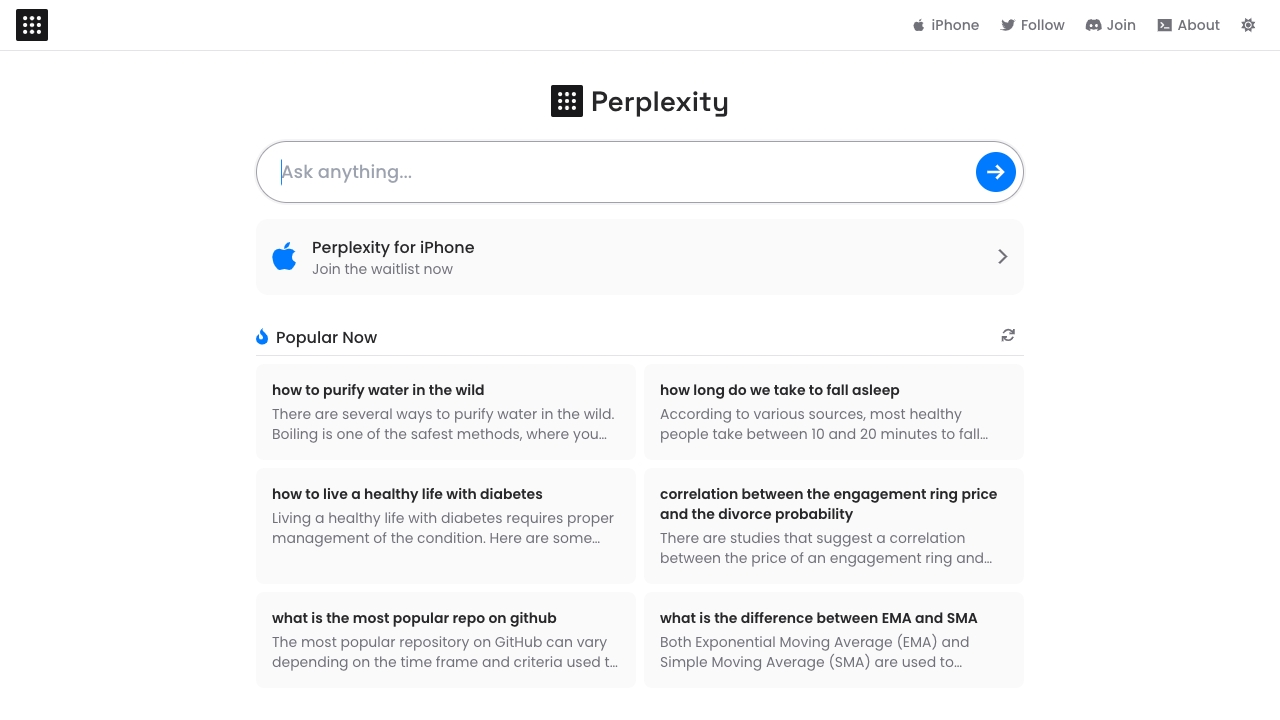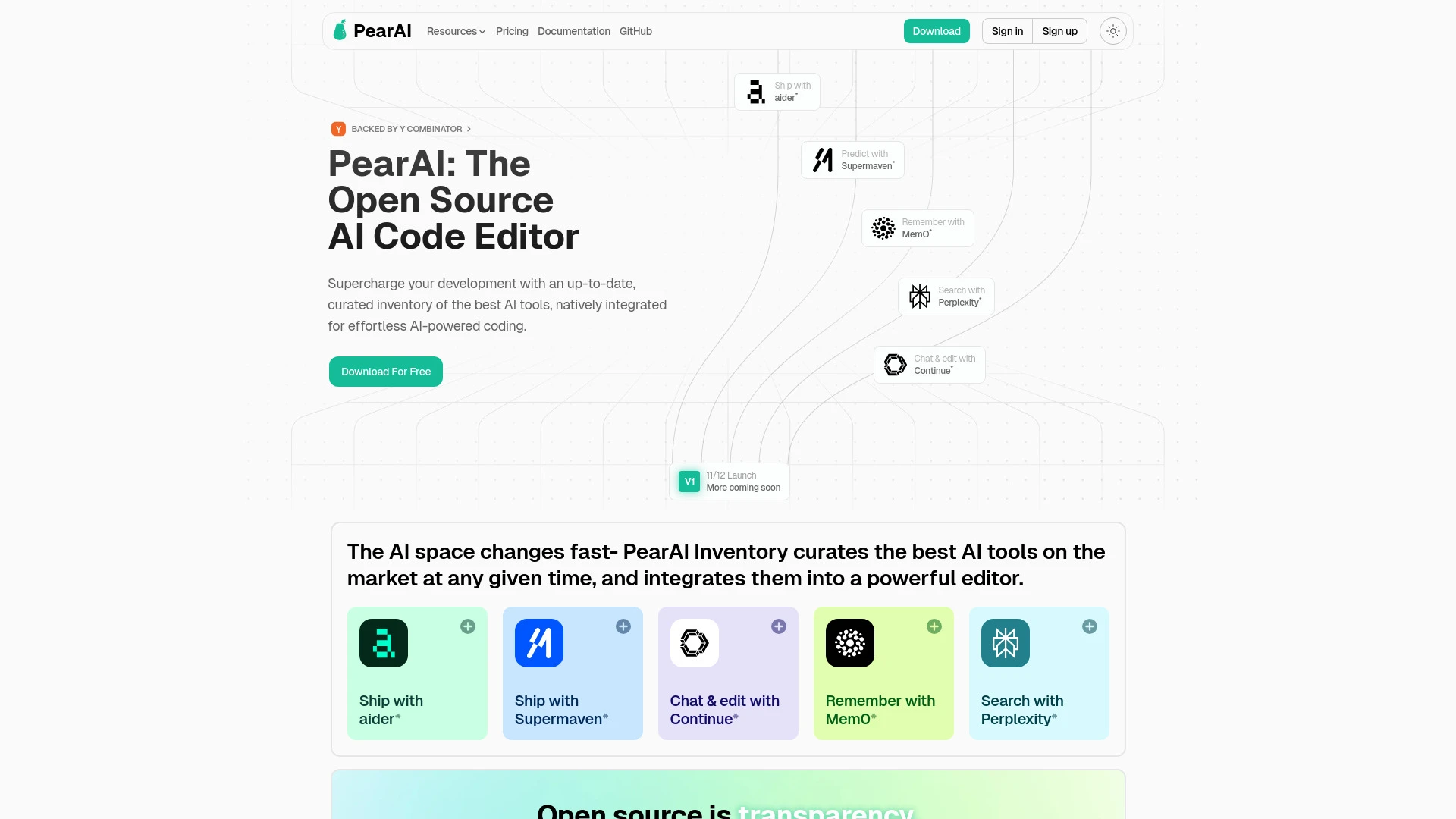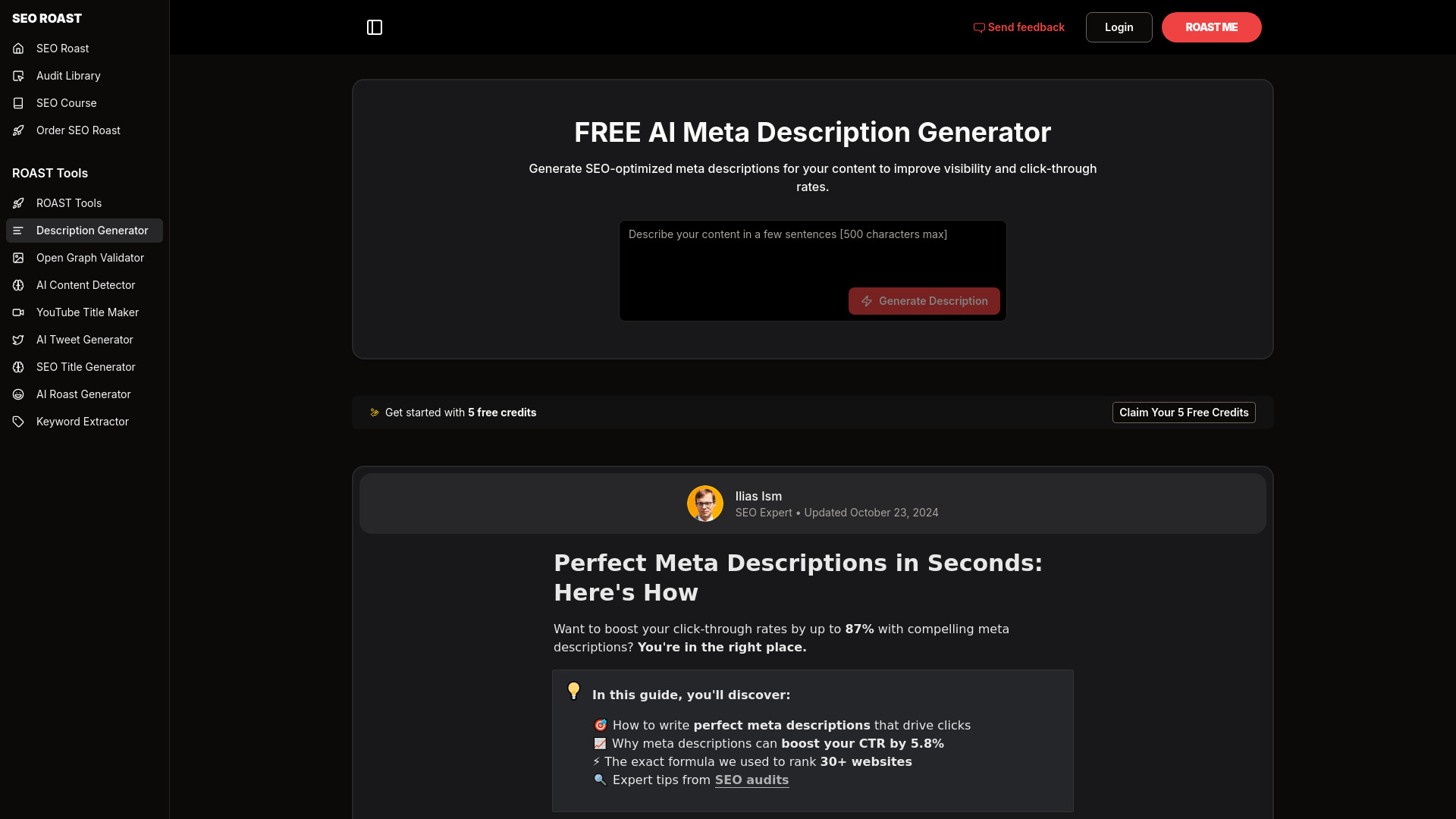AI Search Engine
AI search engines use algorithms and machine learning to enhance traditional search capabilities. They personalize results by analyzing user behavior and contextual data. Examples include Google’s AI-driven search and Microsoft’s Bing, which utilize natural language processing for better query comprehension. Benefits include improved accuracy and user experience, while challenges involve data privacy and bias in search results.
Primary AI
Top Job for This Category
Most Commonly Used Task
Core Features
Natural language processing
Contextual understanding
Personalized results
Real-time data retrieval
Multi-modal search capabilities
Machine learning optimization
User engagement analytics
Use Cases
Information retrieval from large datasets
Enhanced query understanding and natural language processing
Personalized content recommendations based on user behavior
Real-time data analysis for decision-making
Semantic search for contextually relevant results
Integration with voice assistants for hands-free information access
Most Helpful AI's
Best Fit Jobs For AI Search Engine
Primary Tasks For AI Search Engine
| # | Task | Popularity | Impact | Follow |
|---|---|---|---|---|
| 1 |
🔍
Search engine |
0% Popular
|
85%
|
|
| 2 |
🔍
SEO keywords |
0% Popular
|
76%
|
|
| 3 |
🔍
SEO content |
0% Popular
|
78%
|
|
| 4 |
🔍📈
SEO optimization |
0% Popular
|
82%
|
|
| 5 |
🤖🔍
AI content detection |
0% Popular
|
87%
|
|
| 6 |
⚙️
Website optimization |
50% Popular
|
85%
|
|
| 7 |
🔍💼
Job search |
50% Popular
|
75%
|
|
| 8 |
🗃️
SQL queries |
0% Popular
|
75%
|
|
| 9 |
📊
Database QA |
0% Popular
|
78%
|
|
| 10 |
📈
Content optimization |
50% Popular
|
85%
|
|
| 11 |
❓➕💬
QA |
0% Popular
|
85%
|
|
| 12 |
🎮
Interactive gaming |
0% Popular
|
75%
|
|
| 13 |
📚🎮
Interactive learning |
0% Popular
|
76%
|
|
| 14 |
📹✨
YouTube summaries |
0% Popular
|
75%
|
|
| 15 |
✍️
Article writing |
0% Popular
|
75%
|





